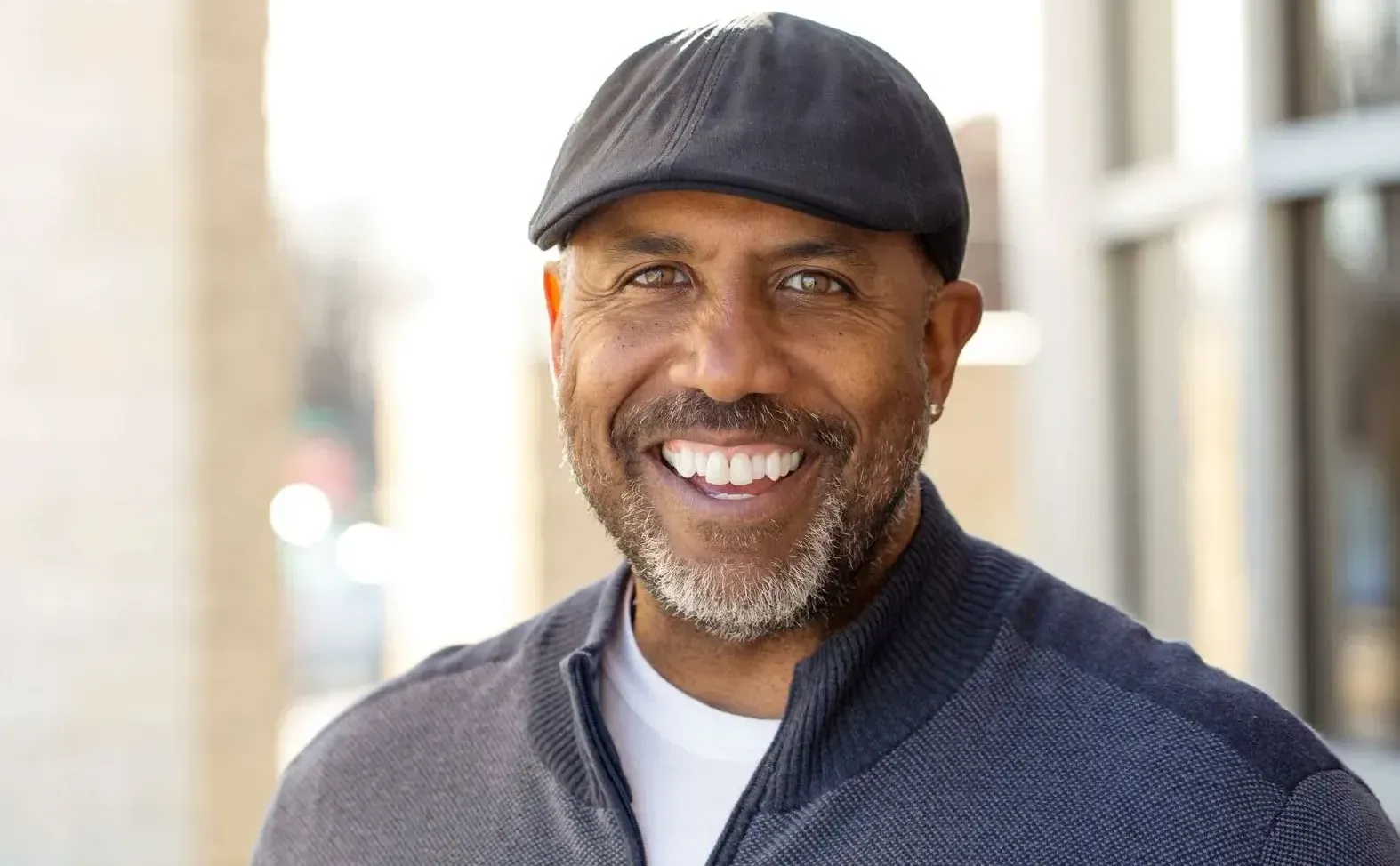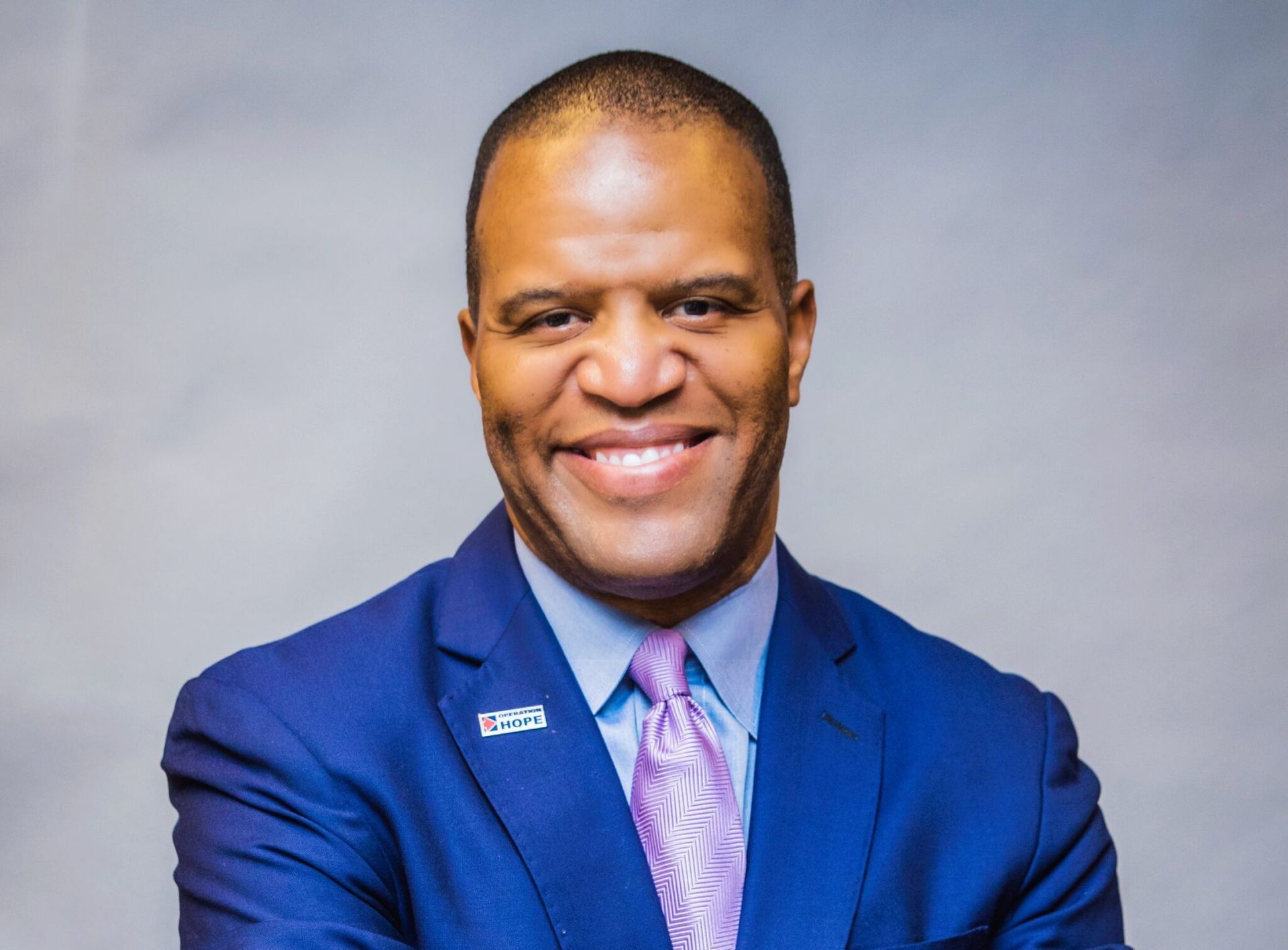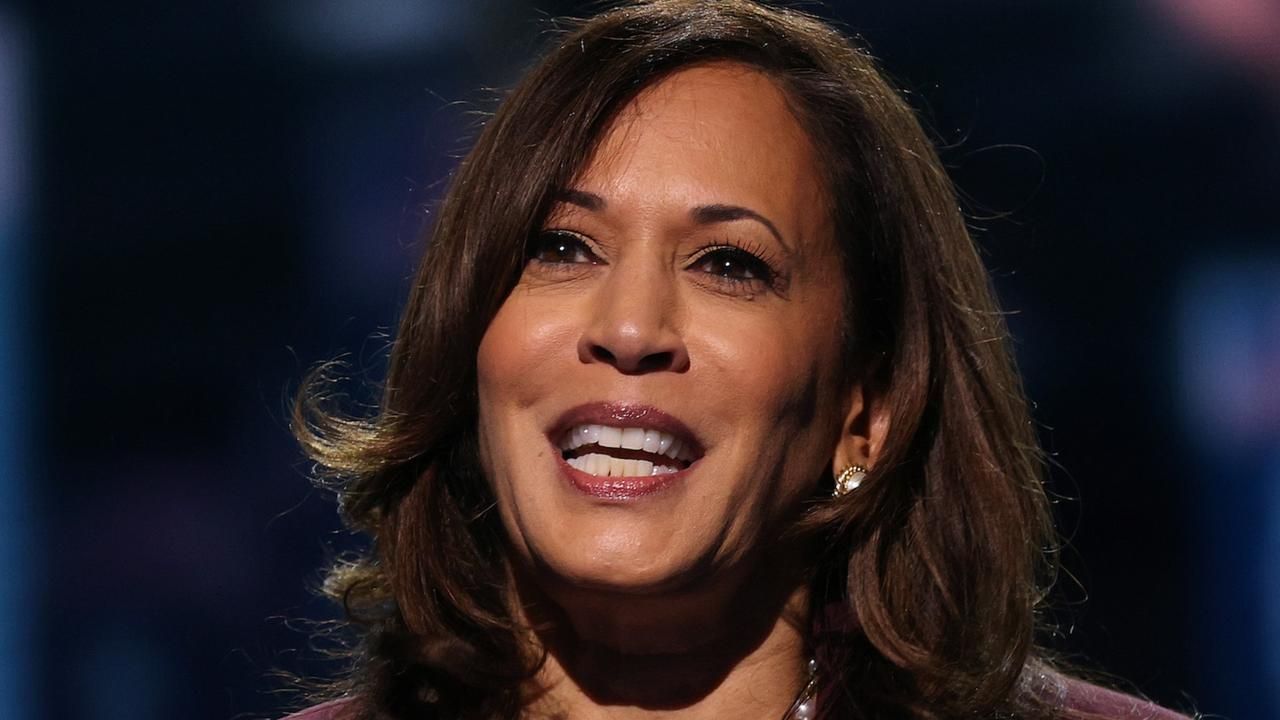By Kim Anthony
•
July 11, 2024
The legacy of activism is rooted deeply in the fight for justice, equality, and civil rights. From the powerful voices of the past to the dynamic leaders of today, African American activists have continually pushed the boundaries of what is possible, transforming grassroots movements into impactful policies that shape the future. The Historical Roots of Activism African American Activism has a rich history, marked by the tireless efforts of individuals and organizations dedicated to social change. Figures like Martin Luther King Jr., Malcolm X, and Rosa Parks spearheaded the Civil Rights Movement, utilizing protests, boycotts, and civil disobedience to challenge systemic racism and segregation. Their courageous actions paved the way for significant legislative changes, including the Civil Rights Act of 1964 and the Voting Rights Act of 1965. The Modern Movement Today, the torch of activism has been passed to a new generation of leaders who continue to fight for justice and equality. The Black Lives Matter (BLM) movement, founded in 2013 by Alicia Garza, Patrisse Cullors, and Opal Tometi, has become a global force in advocating for the rights of African Americans. Through protests, social media campaigns, and community organizing, BLM has brought issues of police brutality, racial profiling, and systemic injustice to the forefront of national and international discourse. From Protest to Policy One of the most significant ways African American activists are shaping the future is by transforming protest into policy. Activists understand that while public demonstrations raise awareness and mobilize support, lasting change requires influencing legislation and public policy. Police Reform In the wake of high-profile cases of police violence, activists have successfully pushed for police reform measures. These include the implementation of body cameras, the establishment of civilian oversight committees, and the adoption of de-escalation training for law enforcement officers. Cities like Minneapolis and New York have seen significant policy shifts, driven by the persistent efforts of activists and community organizers. Voting Rights Protecting and expanding voting rights remains a critical focus for African American activists. Efforts to combat voter suppression include advocating for the restoration of voting rights for formerly incarcerated individuals, fighting against restrictive voter ID laws, and promoting mail-in and early voting options. Organizations such as Fair Fight, founded by Stacey Abrams, have played a pivotal role in increasing voter participation and ensuring fair elections. Economic Justice Economic disparities continue to disproportionately affect African American communities. Activists are addressing these issues through policies aimed at increasing access to affordable housing, raising the minimum wage, and supporting Black-owned businesses. Initiatives like the 15 Percent Pledge, which encourages major retailers to allocate 15% of their shelf space to Black-owned brands, highlight the intersection of activism and economic policy. Education and Health Equity Ensuring equal access to quality education and healthcare is another critical area of focus. Activists advocate for policies that address the achievement gap in schools, increase funding for historically Black colleges and universities (HBCUs), and eliminate health disparities that affect African American communities. By pushing for systemic changes in these areas, activists aim to create a more equitable society for future generations. The Role of Technology Technology has become a powerful tool for modern activists, enabling them to organize, communicate, and amplify their messages more effectively than ever before. Social media platforms like Twitter, Instagram, and Facebook provide a space for activists to share information, mobilize supporters, and hold public officials accountable. Hashtags like #BlackLivesMatter and #SayHerName have become rallying cries for justice, spreading awareness and driving collective action. Looking Ahead As we look to the future, the role of African American activists in shaping policy and driving social change remains as vital as ever. Their ability to turn protest into policy demonstrates the power of grassroots movements and the importance of sustained advocacy. By continuing to fight for justice, equality, and systemic reform, African American activists are paving the way for a brighter, more inclusive future for all. In conclusion, the journey from protest to policy is a testament to the resilience, determination, and visionary leadership of African American activists. Their work not only honors the legacy of those who came before but also inspires future generations to continue the fight for a just and equitable society.












